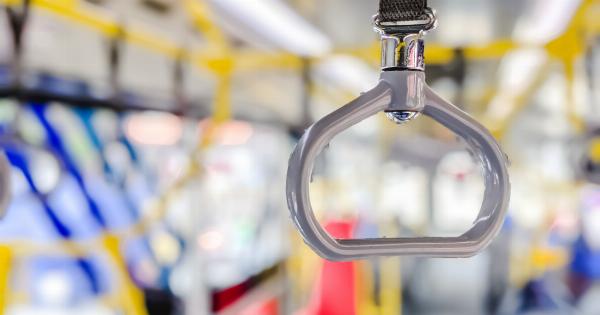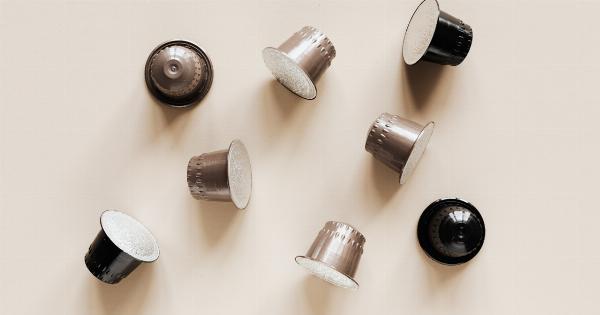Being pregnant is a beautiful and exciting time in a woman’s life. It is also a period filled with countless questions and concerns about the many factors that can affect the health and well-being of both the mother and the growing fetus.
One common question that often arises is whether or not it is necessary to cut out caffeine during pregnancy.
Understanding Caffeine and its Effects
Caffeine is a natural stimulant commonly found in coffee, tea, chocolate, and various other beverages and foods. It acts on the central nervous system, helping to ward off feelings of fatigue and drowsiness.
Many people enjoy the boost in energy and alertness that caffeine provides, but when it comes to pregnancy, the impact of this substance becomes a matter of concern.
The Caffeine Debate
The effects of caffeine on pregnancy have long been a topic of debate among healthcare professionals.
Some studies suggest that consuming high levels of caffeine during pregnancy may increase the risk of miscarriage, preterm birth, or having a baby with low birth weight. Other studies, however, have found no significant associations between caffeine consumption and negative pregnancy outcomes.
Understanding the Risks
While the data on the exact effects of caffeine on pregnancy may be conflicting, it is still important to note that consuming excessive amounts of caffeine has been linked to certain risks.
The American College of Obstetricians and Gynecologists (ACOG) recommends that pregnant women limit their caffeine intake to no more than 200 milligrams per day. This is roughly equivalent to one 12-ounce cup of coffee.
Effects of Caffeine on the Fetus
When you consume caffeine during pregnancy, it crosses the placenta and enters your baby’s bloodstream. Since the fetal metabolism is not as developed as an adult’s, the baby is unable to fully metabolize and eliminate the caffeine.
As a result, the caffeine levels in their bloodstream can remain elevated for a longer duration, potentially affecting their growth and development.
The Risks of Excessive Caffeine Consumption
1. Increased Risk of Miscarriage: Some studies suggest that consuming high levels of caffeine, typically above 300 milligrams per day, may increase the risk of miscarriage.
2. Preterm Birth: There is evidence to suggest that excessive caffeine consumption is associated with an increased risk of preterm birth, where the baby is born before the 37th week of pregnancy.
3. Low Birth Weight: Consuming large amounts of caffeine during pregnancy has been linked to having a baby with low birth weight. Low birth weight babies may have health complications and a higher risk of developmental issues.
Listening to Your Body
While the potential risks are worth considering, it is important to remember that every pregnancy is unique. Each individual woman’s body will react differently to caffeine consumption.
Some women may find that even small amounts of caffeine negatively affect their pregnancy, while others may have no adverse reactions.
If you are concerned about your caffeine intake during pregnancy, it is best to consult with your healthcare provider. They can provide personalized guidance based on your specific medical history and circumstances.
Alternatives to Caffeine
If you are looking to reduce your caffeine intake during pregnancy or cut it out completely, there are several alternatives you can explore to help you maintain energy and stay alert:.
1. Herbal Teas: Opt for herbal teas that do not contain caffeine. Chamomile, peppermint, and ginger teas are popular options that can provide soothing effects and boost your energy naturally.
2. Water: Staying hydrated is essential during pregnancy. Drinking plenty of water throughout the day can help you stay refreshed and combat fatigue.
3. Balanced Diet: Eating a well-balanced diet that includes fresh fruits, vegetables, whole grains, and lean proteins can provide the necessary nutrients and energy to keep you going.
4. Regular Exercise: Engaging in regular physical activity, as approved by your healthcare provider, can help boost your energy levels and improve overall well-being without the need for caffeine.
Conclusion
The decision to cut out or limit caffeine intake during pregnancy ultimately depends on the individual and their unique circumstances.
While excessive caffeine consumption has been associated with certain risks, moderate caffeine intake within the recommended limit is generally considered safe. It is always advisable to consult with your healthcare provider for personalized advice tailored to your specific needs and concerns.



























